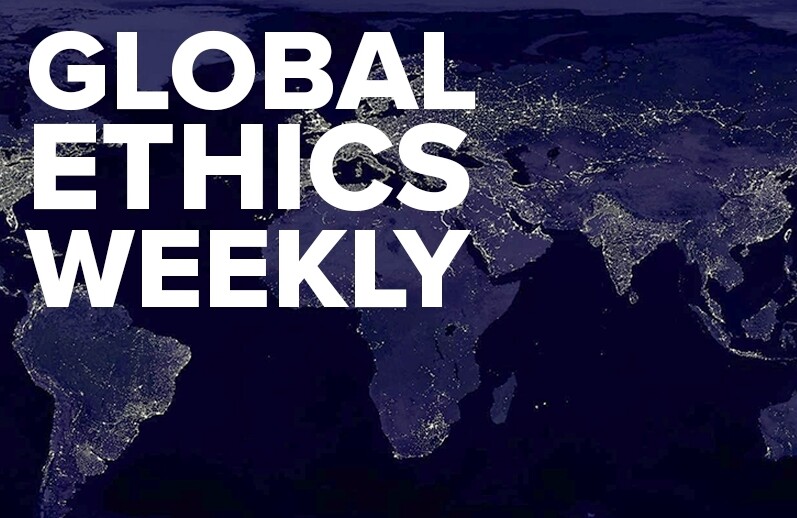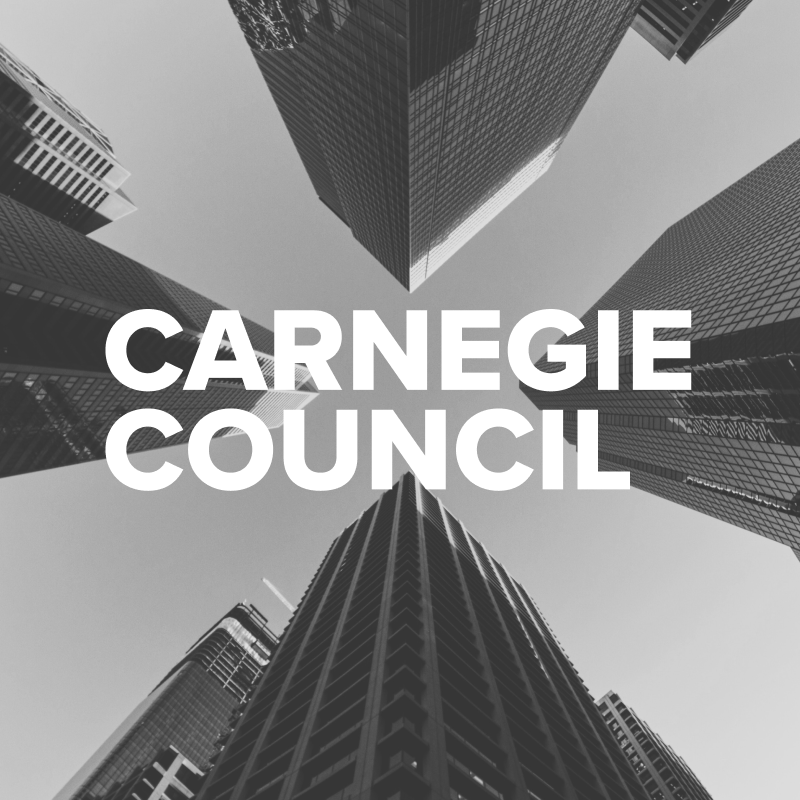À l'occasion du 44e anniversaire de l'entrée des Khmers rouges dans Phnom Penh, Andrew Boyle, du Brennan Center, évoque son travail de poursuite des auteurs de génocide et d'autres crimes contre l'humanité dans le Cambodge des années 1970. Andrew Boyle détaille les affaires, les accusés et les controverses entourant le tribunal. Pourquoi la justice a-t-elle pris autant de temps ? Comment les Cambodgiens ont-ils réagi aux procès ? Et pourquoi cette condamnation pour génocide est-elle si importante ?
On the 44th anniversary of the Khmer Rouge entering Phnom Penh, the Brennan Center's Andrew Boyle discusses his work helping to prosecute the perpetrators of the genocide and other crimes against humanity in 1970s Cambodia. Boyle details the cases, the defendants, and the controversies surrounding the tribunal. Why did justice take so long? How did Cambodians react to the trials? And why is this genocide conviction so significant?
For more from Boyle, read his two Just Security articles on the trials. This podcast also references this Diplomat article by Peter Maguire.
Boyle also spoke on a Global Ethics Weekly podcast last month about the National Emergencies Act and Trump's policies at the U.S.-Mexico border. Boyle's focus at the Brennan Center is on executive emergency powers and separation of powers in the U.S. government.



